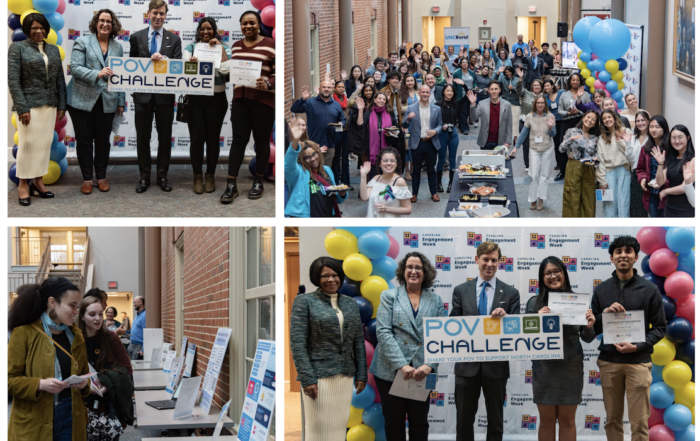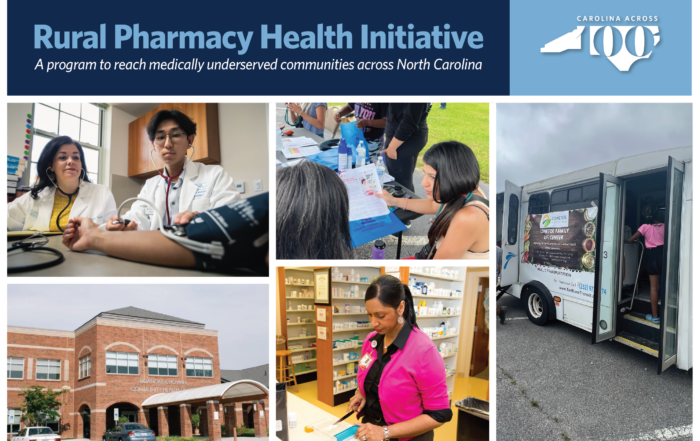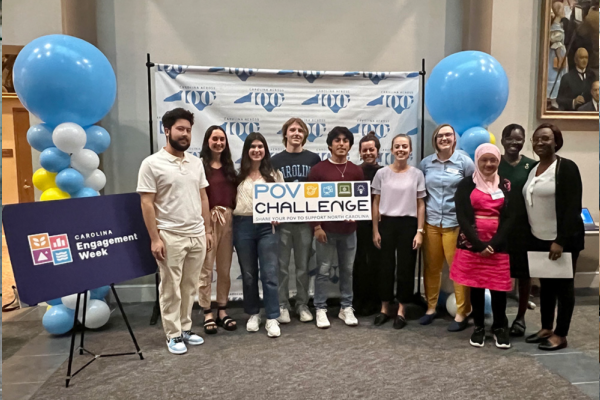Employment
Matching Career-Seekers with Employers: New Ideas Emerge in Greater Charlotte Region
March 31, 2022
Data from the Carolina Across 100’s listening phase, which included surveys and interviews with stakeholders across the state, indicated major concerns related to employment and labor shortages. The Centralina Workforce Development Board has been tackling this issue by training talent, attracting employers, and serving as a match-maker to help reduce the labor shortage and expand opportunities for workers and employers.
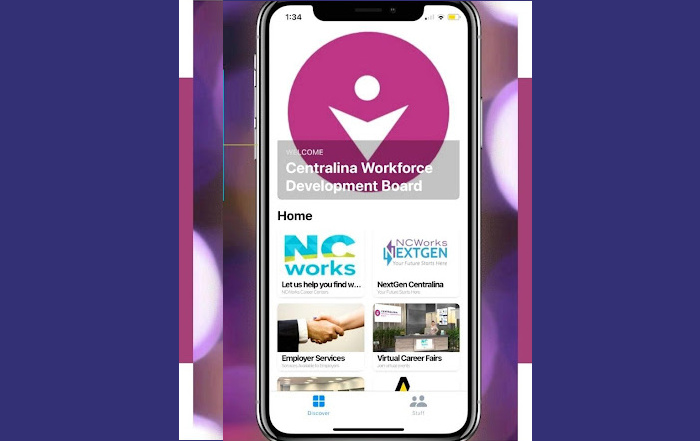
In a booming region outside of Charlotte that has a network of interstates and comprises rural counties like Anson, Stanly, and Lincoln counties, the Centralina Workforce Development Board is building talent, matching career-seekers with employers, and working with economic development in attracting large companies to employ residents and contribute to the region.
David Hollars, Executive Director of the Centralina Workforce Development Board, has been working in labor markets and workforce development for 42 years. After starting his career with the City of Charlotte, David joined the Centralina Council of Governments, working with the first multi-county, regional workforce development board in NC. David’s long career in one space gives him a unique perspective on careers, “Careers don’t happen immediately; there are things that happen along the way that build a career for someone.”
The Centralina Workforce Development Board serves seven counties that have people moving across county lines to work, share commonality in skilled labor, and are outside of a major metro. The Board’s main charge is to see how to better deliver workforce development and labor market services at the local level.
Hollars notes that, while challenges in labor and workforce development increased during the pandemic, they certainly were not new. . A jobs surplus without talent to match hiring requirements decreases the attractiveness of a region to potential employers looking to expand or relocate to the region. So, the Centralina Workforce Development Board is working to train talent, attract employers, and match the two groups to increase hiring.
Success through collaboration
By building a committed network of local NCWorks Career Centers, economic development organizations, community colleges, employers, and chambers of commerce, the Board has been able to develop successful skills training programs and employment centers. To address labor shortage, the Board has been recruiting and getting traditionally excluded populations such as former offenders and disabled persons in front of employers. Through this effort, the Board is proving to employers the vast opportunity among career-seekers who have been historically overlooked.
The Board has also partnered with Rowan-Cabarrus Community College to provide career-seekers with an 8-week manufacturing skills training through the NC Manufacturing Institute. At the end of the training period, career-seekers are given the chance to interview employers on their company culture, benefits, and type of work. After employers make hires, and the hire lasts more than 90 days, the employer pays the program a $1,000 fee to fund the next cohort of the program.
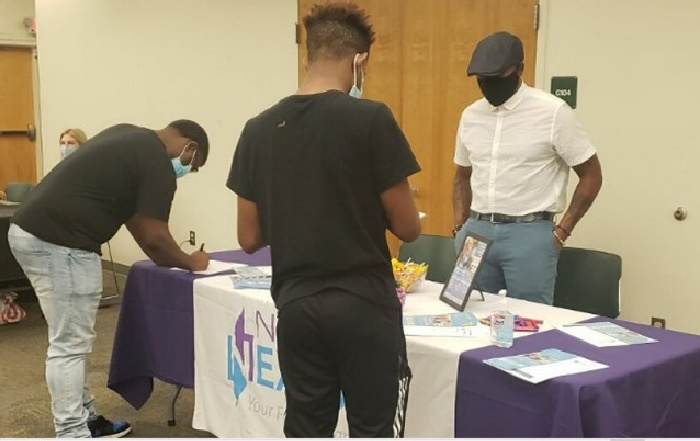
Meeting workers where they are
Additionally, the Board has developed innovative virtual means of accomplishing its workforce development goals. For example, they created the NC Centralina app with access to all services, events, training, and success stories for the Board and its NCWorks Career Centers. The Centralina Virtual Career Marketplace, first implemented in 2019, allows career seekers and employers to connect in a virtual job fair space. It also includes a chat widget that employers and career-seekers use to learn more about each other and get to know one another throughout the hiring process.
The labor shortage presents a real opportunity to bring traditionally overlooked people into the talent pipeline. And, it gives employers a chance to rethink professional development, to invest in their new hires for retention purposes. Employers are becoming more flexible and accepting of career-seekers who might not have all the skills or might have a background traditionally considered “risky.”
David sees a shift in what career-seekers are looking for in a job and the flexibility of employers. “The career-seeker has changed in terms of what they’re looking for. They’re looking for flexibility. They’re asking themselves: Is my employer willing to invest in me?” David added that employers have to “step up their game and become an employer of choice” in order to compete for talent in this tight labor market.
UNC-Chapel Hill’s Carolina Across 100 initiative is a 5-year program charged by Chancellor Kevin Guskiewicz which will partner with communities in all 100 North Carolina Counties to aid in pandemic recovery and help build resiliency. Stay connected with Carolina Across 100 as we continue to share data and resources.



